[Editor’s Note] In October this year, General Secretary Xi Jinping delivered a report at the 20th National Congress of the Communist Party of China, detailing how he will lead the CCP to realize its vision of governing the country, indicating that the central task of the CCP in the future is to “unite and lead the The Chinese people will comprehensively build a modern and powerful socialist country, achieve the second centenary goal, and comprehensively promote the great rejuvenation of the Chinese nation with Chinese-style modernization.”
It may not be easy to understand the 20th National Congress report, which is more than 30,000 words in length, but it is the most direct document for understanding the strategic intentions and governance planning of the Chinese Communist Party in the coming period.
Why does the CCP, which takes Marxism as its theoretical banner, actively promote the Sinicization of the ideological field?
What is the long-term firm confidence shown by the CCP, and what is the difference between the "Chinese-style modernization" officially explained in the report and Western modernization?
How does the CCP understand Xi Jinping's "great changes unseen in a century", and what changes will China, which is at the center of the changes, bring to the world structure?
This series of articles revolves around these questions.
(Series Ten of Four)
The Communist Party of China is not a political party in the Western sense, nor is it a traditional Chinese dynasty. It should be said that it is an era.
Why does Xi Jinping emphasize "the spirit of party building" and "never forget the original intention"?
Because in the past 100 years, the CCP has indeed not changed its original mission. According to the 20th National Congress, it is to "promote the great rejuvenation of the Chinese nation in an all-round way through Chinese-style modernization."
To understand the political intentions and ambitions of the Chinese Communist Party, the report to the 20th National Congress is a good document.
In the report to the 20th National Congress, Xi Jinping used four themes to clearly explain the current situation of the CCP.
He first introduced in detail the work of the CCP in the past ten years, not only talking about achievements, but also clearly explaining the problems and challenges.
He analyzed the practical experience of "governing the country" with facts, and interpreted the nature of the Chinese Communist Party's governance by explaining "a series of landmark achievements."
Secondly, Xi Jinping highlighted how Marxism, as the "scientific theoretical guidance" of the CCP, is sinicized and modernized, emphasizing that "why the CCP can do it, why socialism with Chinese characteristics is good, in the final analysis is...the practice of Marxism that is sinicized and modernized." ".
He went on to emphasize the "mission and task" of the CCP, which is to "unite and lead the people of all ethnic groups in the country to build a powerful modern socialist country in an all-round way."
In the end, Xi Jinping made a solemn promise: "Unswervingly and comprehensively govern the party strictly", the means is "self-revolution", and "lead the social revolution through the party's self-revolution".
The CCP knows that only by "remaining sober and determined to solve the unique problems of a big party" can it "win the support of the people and consolidate its long-term ruling position."
Xi Jinping proposes a second answer to the "cave pair"
In recent years, Mao Zedong and Huang Yanpei's "Cave Dwelling Pair" has been frequently mentioned. It is estimated that because the CCP is celebrating its centennial celebration, whether the CCP can be in power for a long time has become a topic again.
Xi Jinping took the opportunity to explain that obviously he wanted to gain the initiative.
Huang Yanpei's question back then was: How can the CCP escape the dominance of the historical cycle rate of "its prosperity is also vigorous, and its death is also sudden"?
Mao Zedong’s answer was: “Only by letting the people supervise the government can the government not dare to relax.” This answer was very groundbreaking at the time. It was very rare for a political party at that time to ensure that it accepted the supervision of the people, but it is not enough to satisfy today’s political demands.
The second answer proposed by Xi Jinping is "self-revolution".
Xi Jinping attaches great importance to the warning of the disintegration of the socialist camp in the Soviet Union and Eastern Europe to the CCP.
He deeply understood how the Communist Party of the Soviet Union turned from an advanced political party into a corrupt and privileged organization, and was finally completely defeated, and he repeatedly cited this lesson on many occasions.
Xi Jinping became the leader of the Central Committee at the 17th National Congress of the Communist Party of China. At that time, the corruption situation of the Communist Party of China can be said to be shocking. Many leading members of the Central Committee were deeply suspected of corruption. The position of the Communist Party of China in the hearts of the people is gradually weakening. If it is not corrected as soon as possible, The future of the CCP's governance is worrying.
This is the background and reason behind Xi Jinping's "self-revolution."
The leaders of the CCP are familiar with examining problems with materialist dialectics.
Accepting people's supervision is theoretically a constraint on the ruling party by external forces, but in actual operation, the ruling party can have no respect for people's supervision.
Western political discourses believe that elections are the best way for the people to supervise, which is democracy. In reality, the rotation of political parties in the West has turned into taking turns, and elections have become picking apples that are not so bad. In the past, it completely deviated from the original intention of the system.
The Chinese Communist Party believes that people's supervision is important, and political party self-supervision is equally important, not just supervision, but also "self-revolution."
Whether it can be done is a difficult problem.
If we say that there have been many line struggles in the history of the CCP, it is better to say that there are constant line disputes within the CCP. Reform and self-revolution are its normal state, including denying its own political judgments and policies.
Reform and opening up is a revolution that negates the Cultural Revolution, anti-corruption is a revolution, Yan'an rectification movement is also a revolution, and the modernization of Marxism in China is a theoretical revolution of one's own ideology.
The "self-revolution" proposed by Xi Jinping is a theoretical concept proposed by summarizing the CCP's past experience to ensure the CCP's long-term governance, and provide theoretical support for the establishment of a political supervision system.
Use "self-revolution" to continuously improve governance
The "speech officer" in the traditional Chinese political system is also a system design for the self-monitoring of the ruling group. The imperial doctor in the Qin and Han Dynasties is the supervisory official that people often mention.
Since it belonged to the world at that time, it was unable to accommodate the supervision system in the inheritance of power, and the result was a failure.
The CCP is not a hereditary system, let alone a family. The governance team comes from all corners of the country, and there are fewer structural obstacles.
Xi Jinping successfully promoted anti-corruption because the CCP’s power organization is very strict, and there are checks and balances within the organization. Once a resolution is formed within the party, it is not easy to eliminate corruption, but it can still be done.
In order to deepen the institutional anti-corruption, Xi Jinping set up the "National Supervisory Commission", combined with the Central Commission for Discipline Inspection and other institutions, this is one of the institutional designs of the CCP's "self-revolution".
However, although system setting is an important way to solve the governance dilemma, system paralysis can also cause embarrassment.
The system is very important, and the law is very important, but the nature, values, working methods, and ruling culture of the ruling party are also key.
External supervision is important, and self-supervision cannot be ignored.
The CCP proposes "self-revolution" as the second answer to jumping out of the historical cycle of "rule and chaos" and ensuring long-term governance. This is a scientific supplement to people's supervision.
Whether the ruling party can stay in power for a long time depends on whether the people approve it.
No matter what the system is, the recognition of the ruling party depends on whether the people have benefited, how many problems have been solved, and whether they have expectations for the future.
Only political organizations with the capacity to govern can make guarantees.
The CCP regards being in power as "rushing for exams." Mao Zedong made this mentality clear before he moved to Beijing.
Xi Jinping's "self-revolution" has the same meaning.
Without the spirit and institutional requirements of "self-revolution," unable to consciously correct mistakes, accept the teachings of the people, and be cautious and fearful of walking on thin ice and facing an abyss at all times, you will not get good grades in the exam, and if you are a little careless will lose the eligibility to govern.
The lessons of the collapse of the CPSU are vivid in our minds.
Whether it is "people's supervision" or "self-revolution", it is all for the better completion of "governance".
No political party is unwilling to be in power for a long time, and the Chinese Communist Party is no exception.
When Trump hysterically called "Make America Great Again," no one believed that this was not an election language.
Johnson of the United Kingdom is actively involved in the Brexit campaign. It is estimated that no one believes that he is not fighting for power. However, after becoming prime minister, his words and deeds are enough for people to recognize that he is just a political stick.
Western politicians and political parties frequently come and go, one down and the other up. Of course, this is not the original intention of a democratic system. When the political system, political parties, and politicians go their own way, and political parties and politicians are constantly changing, no system, no matter how good it is, can hardly function.
China has been ruled by the same political party, the same group of Communist Party members, and the same ideology in the past 70 years. It is true that major mistakes have been made in the process, such as the Great Leap Forward and the Cultural Revolution. China's ruling achievements are dazzling, and it will never lose to any other country.
Especially in the past 40 years, its policies have been consistent, its ability to solve poverty for the people is super, and compared with other developing countries, its economy and system construction are excellent in many aspects.
The West criticizes the Chinese Communist Party for monopolizing power, believing that it is authoritarian and fails to protect the freedom of the people, but they cannot explain why the vast majority of Chinese people support it to continue to be in power.
This brings us back to the most fundamental question, why do people support a certain political party in power for a long time?
Apart from obtaining a happy life, what reason can there be?
Western societies are not accustomed to using "happiness" to evaluate politics. They like to use power or rights, and they think that politics is a system of sharing power.
They emphasize restricting power, emphasizing that power belongs to the people, and even subdividing it into women's rights, abortion rights, LGBTQ rights, freedom rights, etc.
Sometimes they shout for the right to life, the right to equal job opportunities, and occasionally even the right to a reasonable distribution of wealth, but no one takes these rights seriously, and the media doesn't even report them.
The question is, with so much power and rights, why do the ruling parties keep changing, and within the same group of parties?
Long-term governance is to continuously optimize the governance of the country, otherwise how to ensure a happy life?
The West has successfully constructed a convincing political discourse, and the Chinese Communist Party is doing the same job.
Objectively speaking, Western political parties once succeeded, but later failed, and the people gradually lost trust.
The Communist Party of China has failed in the past. After continuous corrections, it has achieved good results. People's trust in it has gradually increased, so that Western criticism of it has begun to lose its persuasiveness.
The greatest threat of the Chinese Communist Party to the West is likely to lie in its system design.
It does not talk about power or rights, but continues to strengthen the supply of a happy life, crack down on official corruption, prevent the disorderly expansion of capital, control prices, increase the income of ordinary people, provide universal retirement, social insurance, and promote "two guarantees and three guarantees." , implement the rural revitalization strategy, build a beautiful China and other ecological protection policies, and actively promote common prosperity.
It does so not at the expense of economic development, but effectively implements economic development and distribution policies to provide economic support for the completion of tasks.
Not to mention relying on living without money, borrowing money or printing money to complete the task.
When the people deeply feel that their lives are getting better and better, why do they need to demonstrate and fight for power?
After overthrowing the government, don't we have to do the same thing and complete the same task?
As long as the CCP maintains such achievements, it is estimated that the vast majority of Chinese people will support it to continue to be in power.
Long-term governance is based on three elements
A political party should provide support for its long-term governance at three levels: First, it must have firm values and a suitable theoretical system.
Its values must be consistent with the pursuit of the people, and its work can only be to meet the needs of the people. This is what the ruling party must do.
The socialist values of the Communist Party of China and its related theories are all aimed at changing the world and benefiting the people.
Since the Chinese people support the values of the CCP and agree with the theoretical system that is compatible with these values, and the CCP can implement it, it is not surprising that the CCP has been in power for a long time.
Secondly, the ruling party must have the ability to govern the country. It is not a temporary ability, but the ability to continue to govern.
No one person can solve all problems, because the problems themselves evolve.
Both people and political parties need continuous reform. Only reform can keep pace with the times and deal with emerging new problems.
Changes from time to time are unavoidable challenges for any political party, and the ability to see opportunities ahead of time is the key to success in governing the country.
Although the Communist Party of China does not need to respond to the challenges of other political parties, it regards the people as the only object of service in governing, and provides a pure direction for governing the country.
The "Centennial History Resolution" divides the history of the CCP into four stages: the period of the people's democratic revolution, the period of socialist construction, the period of reform and opening up, and the new era.
In these four periods, we have all seen: seeking truth from facts to gain insight into opportunities, overcoming difficulties and obstacles, promoting paradigm shift, and adhering to our original mission.
These are not results that can be obtained by luck.
The century-old history proves that the Communist Party of China has mastered the laws of governing the country, persevered, and continuously improved its capabilities, laying a solid foundation for long-term governance.
Finally, a ruling party must have the will, ability, and system design for self-revolution.
Power corrupts, and absolute power corrupts absolutely.
This is something that any ruling party must be vigilant about. The only way to solve this "curse" is through self-revolution.
The Chinese Communist Party is the only ruling party that constantly conducts self-examination.
Maybe it's because it doesn't have to run, so it doesn't have to present itself as invincible and boast that it can solve all problems.
"Strictly governing the party" is Xi Jinping's most frequent political declaration since he took office, and numerous party officials have resigned because of this.
In the report of the 20th National Congress of the Communist Party of China, you always read such admonitions as "the test of governance, the test of reform and opening up, the test of the market economy, and the test of the external environment", "the danger of mental laxity, the danger of insufficient ability, the danger of alienation from the masses, and the danger of passive corruption". It is a self-reminder that "the whole party must keep in mind".
Can we hear this kind of admonition to ourselves from European and American political parties such as the Republican Party, the Democratic Party, the Labor Party, the Conservative Party, the Green Party, and the Social Democratic Party?
The origins of modern politics are usually fixed in the "Treaty of Westphalia" in 1648, because at this time the world began to be composed of different sovereign units.
The history of party politics is even shorter, and political models such as democratic elections are in fact still developing.
Possibly because of political involvement, there are not many academic discussions on democratic systems, and they are all subject to ideological prejudice.
It is simply not feasible to treat Western party theory as an ideal model of modern politics and apply it dogmatically in China, let alone it itself is still being perfected.
It's like "the conclusion of the end of history", the result is only the end of one's own imperfect theoretical assumptions.
People care more about how long they will live than how long the Chinese Communist Party can last in power, and when they are alive, they hope that the ruling party can serve them wholeheartedly.
So the real point is how long the CCP can keep providing quality service to the Chinese people.
If a ruling party does, who would waste time trying to overthrow it?
The ruling of the Communist Party of China is different from the dynasties in Chinese history, and it has also deconstructed the theoretical imagination of Western party politics. However, whether it can completely break through the rise and fall of dynasties in China for thousands of years may still go through a long test.
Judging from today's situation, the era of the Communist Party of China is flourishing and in the ascendant. The best way to understand it is to get rid of the constraints of dogma and do a good job of research on it.
"Deconstructing the Top 20" series of articles:
Deconstruct the 20th National Congress.
1|Why should we read the report of the 20th National Congress of the Communist Party of China and deconstruct the 20th National Congress.
2|From the structure of the report to sort out the overall context and deconstruct the 20th National Congress of the Communist Party of China.
3|The Sinicization and Deconstruction of the Chinese Communist Party's Ideology at the 20th National Congress of the Communist Party of China.
4|Understanding how the Chinese Communist Party has been in power for a long time

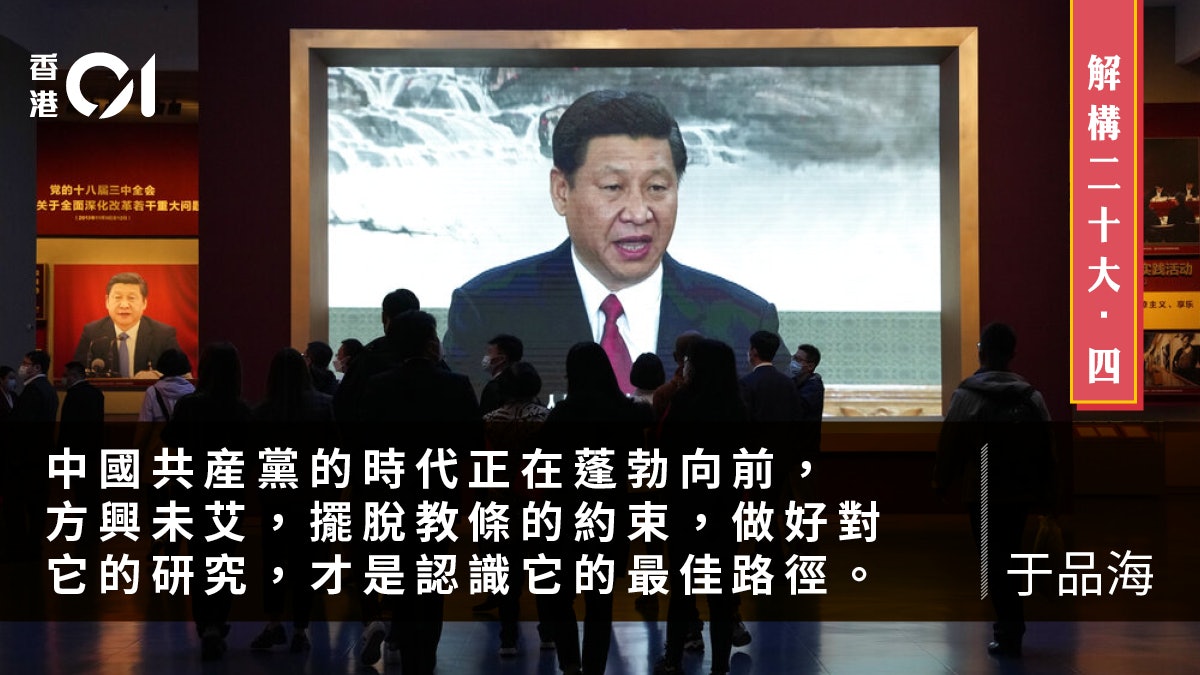
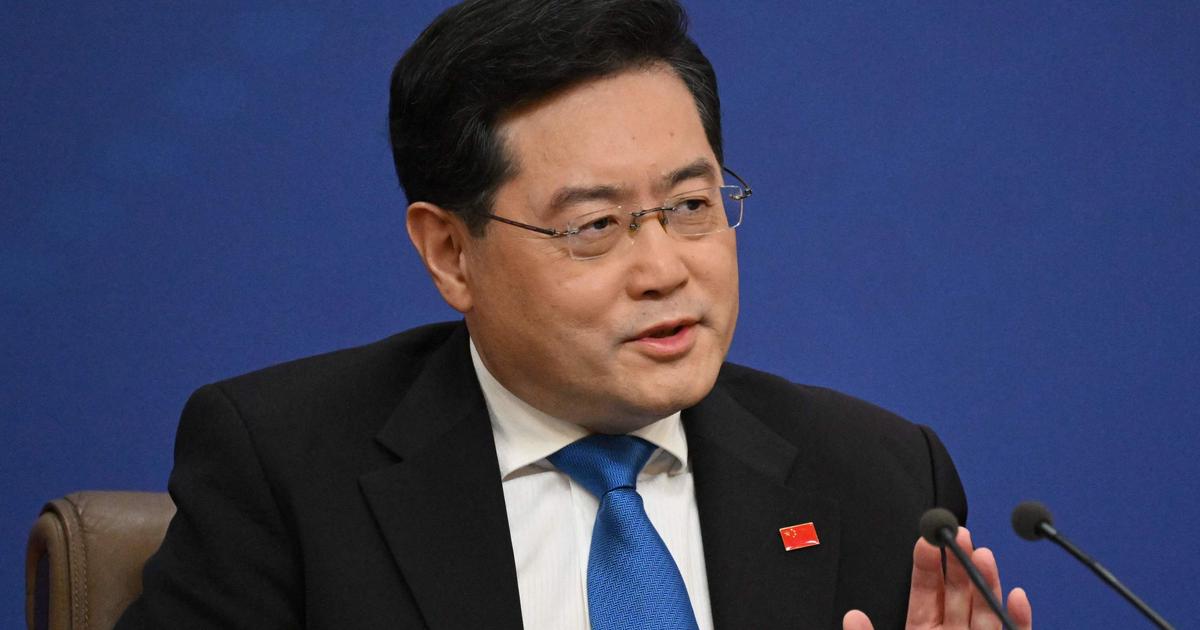
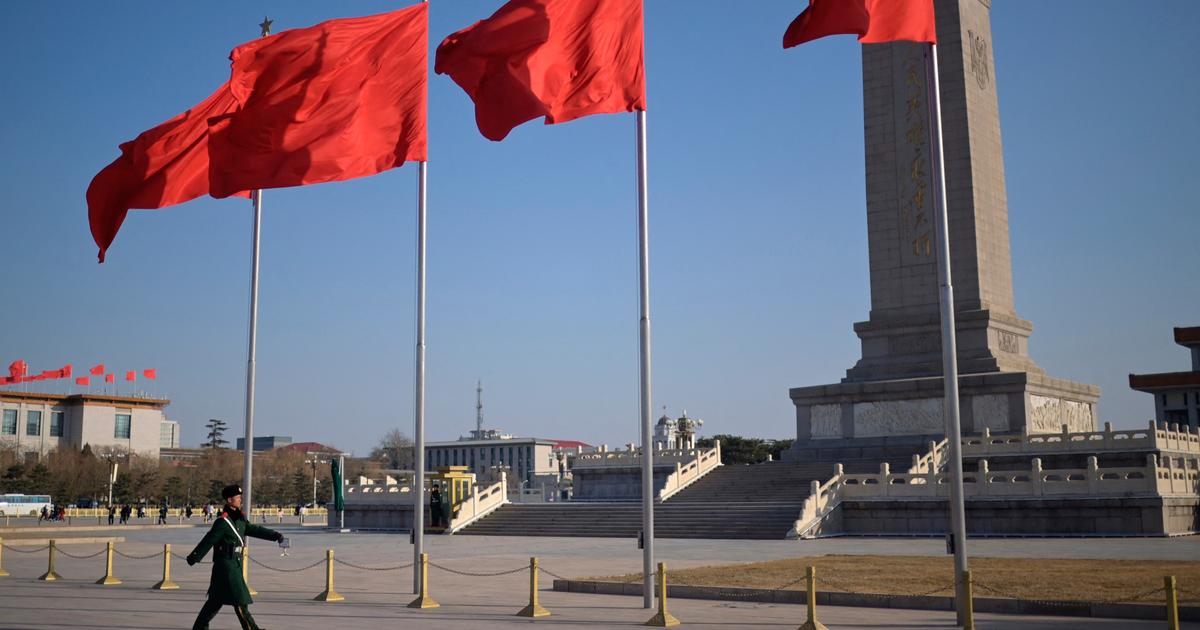
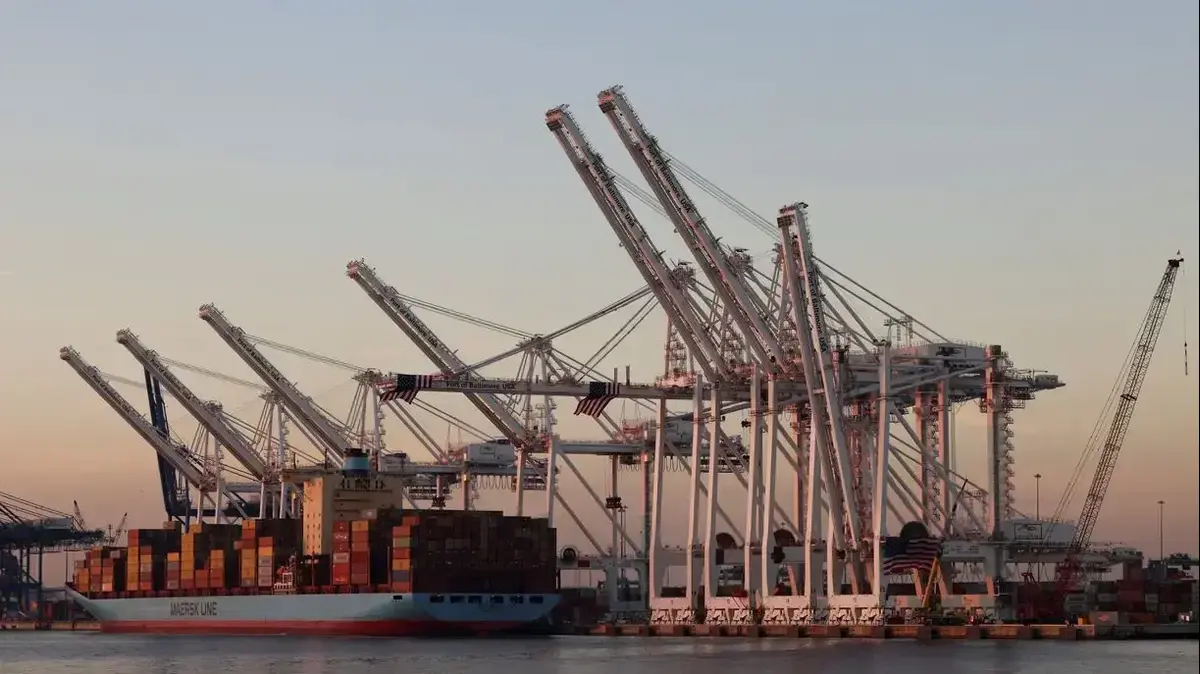
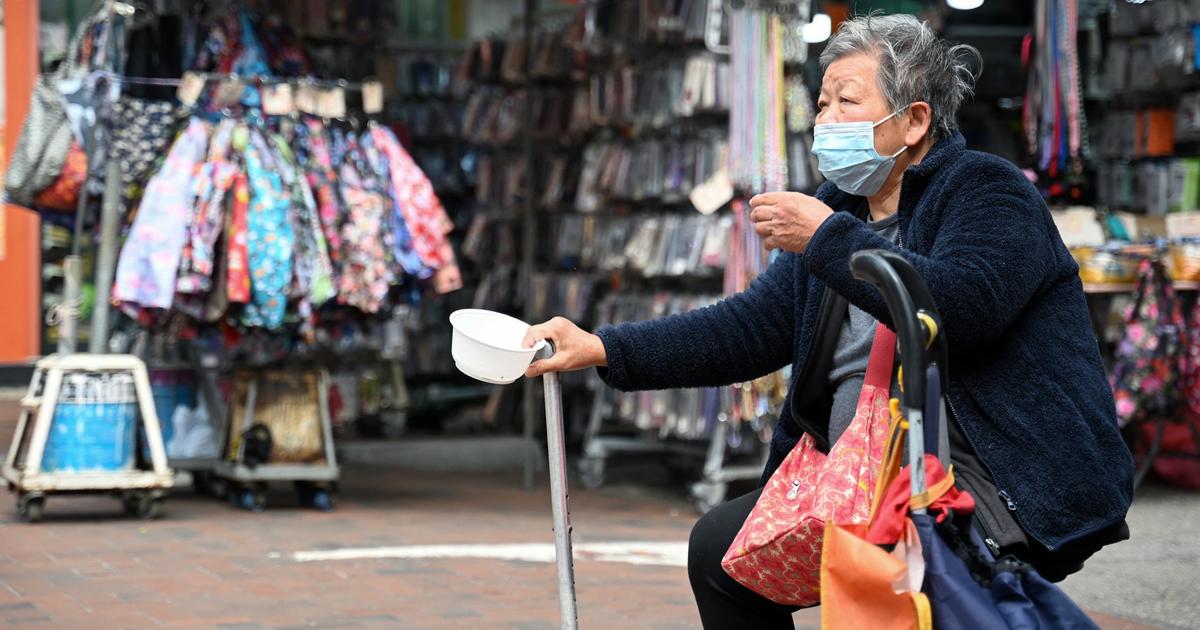
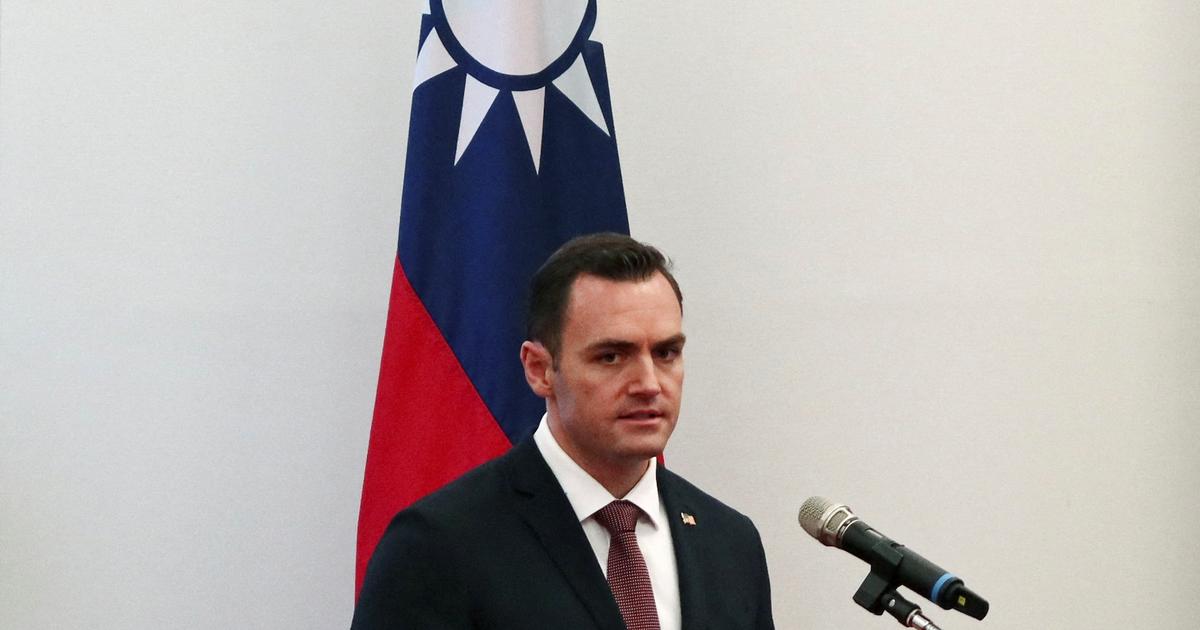

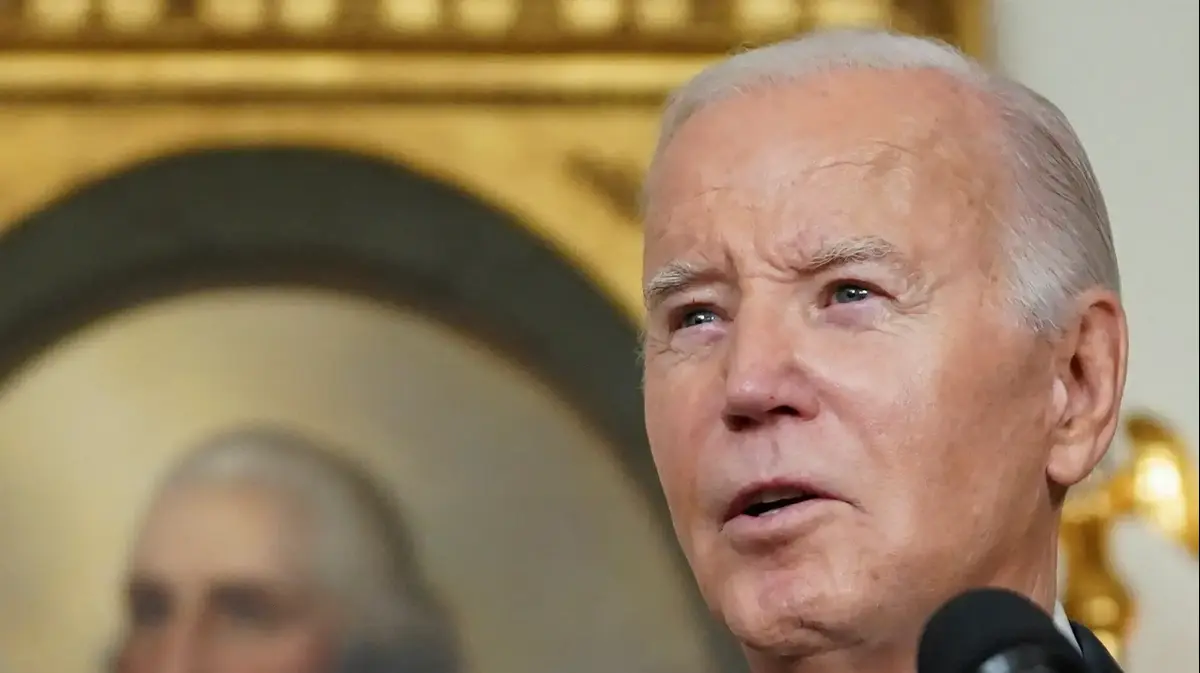






/cloudfront-eu-central-1.images.arcpublishing.com/prisa/EXJQILQR5QI7OMVRTERD7AEZAU.jpg)